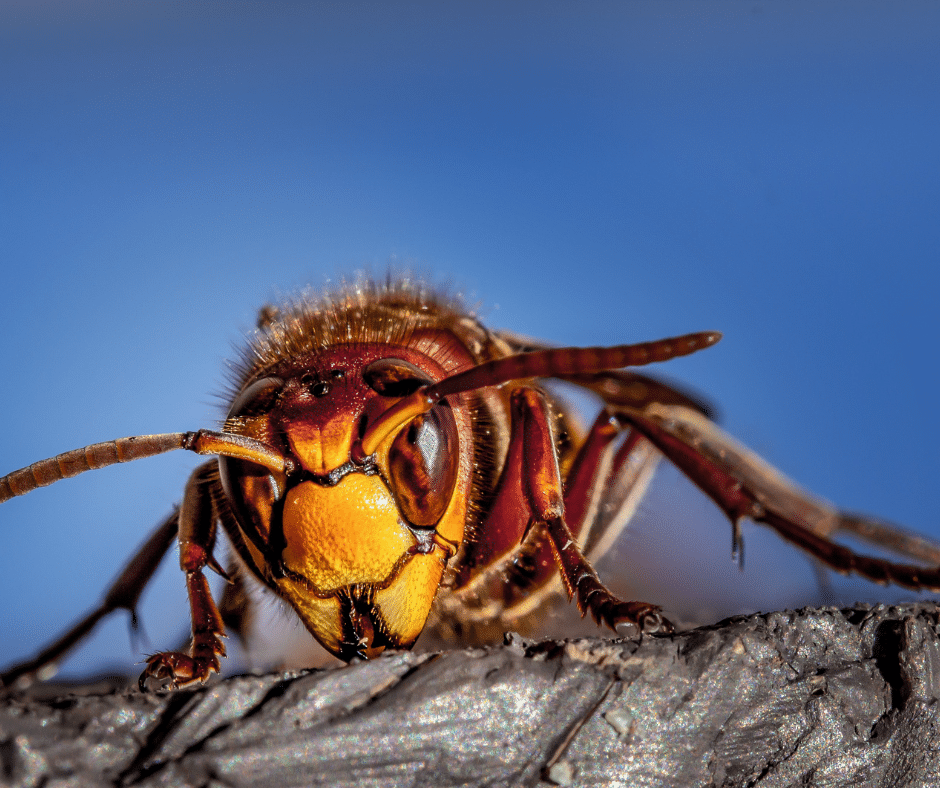
Encountering a swarm of wasps can be a terrifying experience. Knowing how to handle such a situation can help you stay safe and avoid painful stings. This guide will provide essential tips on what to do if you find yourself being chased by wasps.
Safety First
Avoid Wasp Nests
Do NOT attempt DIY wasp control on your own. If you notice a nest, contact a professional pest control service immediately. It’s safer and more effective to have experts handle the situation.
Why Would Wasps Swarm You?
Wasps may swarm you for several reasons:
- Disturbing a Nest: Accidentally getting too close to or disturbing a wasp nest can trigger an aggressive response.
- Attractants: Wearing brightly colored clothing or using scented products like shampoos, perfumes, or lotions can attract wasps.
- Food Sources: Wasps are drawn to food, especially sweet and protein-rich items. Being near these can provoke their interest.
- Sudden Movements: Rapid movements or swatting at wasps can make them perceive you as a threat, causing them to become defensive.
What To Do If You Are Swarmed By Wasps
Move Slowly
Wasps perceive quick movements as a threat. Although it may feel counterintuitive, move slowly and keep your head down. If possible, cover your face with your shirt to protect it.
Avoid Swatting
Swatting at wasps signals danger to them. Many wasp species release a distress pheromone when swatted, which can attract more wasps to the area.
Don’t Jump in Water
Submerging yourself in water won’t help; wasps will wait for you to surface and continue stinging. Instead, seek shelter in a nearby house, structure, or vehicle and close the door.
Don’t Play Dead
Playing dead does not work with wasps. They will continue to sting. Unlike bees, wasps can sting multiple times without dying, so there is no limit to how many times they can sting you. The best option is to slowly and quietly move to a safe location.
What To Do If You Get Stung
If you get stung, leave the area immediately and relocate to a safe location. Your continued presence can be seen as a threat to the nest.
When to Seek Medical Attention
Most wasp stings don’t require medical attention unless you’re allergic or have been stung multiple times. Seek medical help if you experience symptoms of a severe reaction, such as:
- Difficulty breathing
- Swelling of the face
- Dizziness
- Nausea, vomiting, diarrhea
- Stomach cramps
- Cardiac arrest
- Loss of consciousness
Adults stung more than 10 times and children stung more than 5 times should also seek medical attention.
Prevention Tips
The best defense against wasp stings is prevention. Here are some tips to avoid attracting wasps:
- Avoid wearing brightly colored clothing and scented products like shampoos and perfumes when going outside.
- Be cautious around food, especially sweet and protein-rich items, as these attract wasps.
By understanding these tips and precautions, you can better protect yourself and reduce the risk of painful wasp stings.
